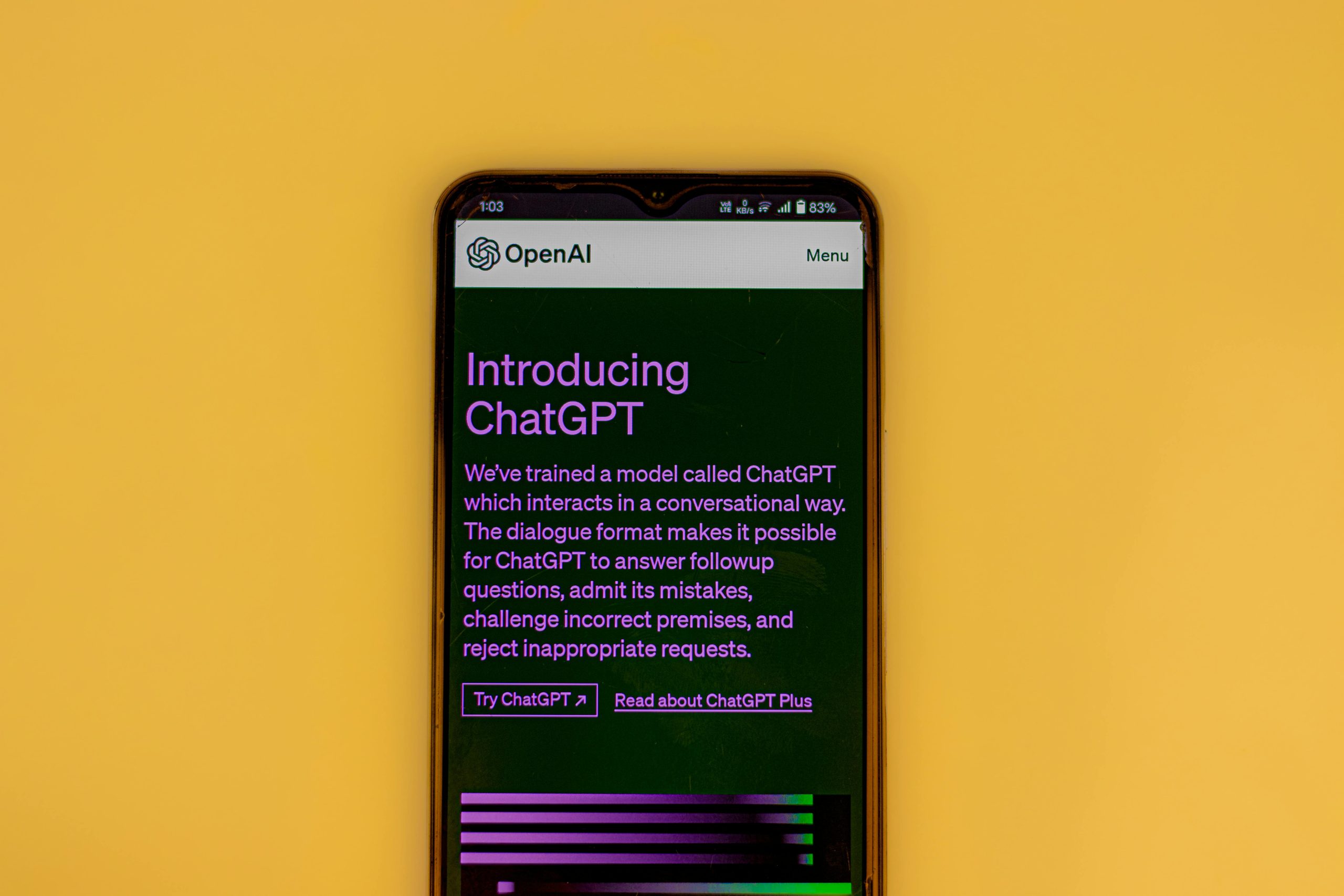Issue with Deep Research in Temporary Chats – Starts a Completely New, Unrelated Research
Understanding the Challenges of Deep Research in Temporary Chat Environments: A Technical Overview
In the evolving landscape of AI-powered research assistants, user experience consistency remains a critical focus. Recently, some users have reported anomalies when utilizing the Deep Research feature within temporary chat sessions. This article aims to dissect these issues, explore underlying causes, and suggest potential solutions.
Background
Deep Research is designed to analyze complex user queries and generate comprehensive research plans. In typical, persistent chat environments, the feature functions reliably, preserving context and delivering relevant, targeted results. However, problems arise when the same functionality is employed within temporary or ephemeral chat sessions.
Observed Issue
When initiating a new temporary chat, users have reported the following sequence:
- Starting a fresh chat session to maintain a clean history.
- Inputting detailed, technical research questions.
- Receiving a well-structured research plan generated based on the query.
- Clicking “Start research” to execute the plan.
Anomalous Behavior
Instead of progressing as expected, the feature appears to:
– Discard the existing context,
– Initiate a completely new, unrelated research topic—often unrelated to the original query,
– Show unexpected results, such as suggestions about the user’s physical location.
This behavior suggests that upon executing the research plan, the system defaults to a generic or prior context—possibly a system default—causing misalignment with the user’s initial intent.
Potential Causes
Several factors may contribute to this discrepancy:
- Context Loss: Temporary chats may lack persistent context storage, leading the system to treat each request as standalone.
- Default Contextification: The system might default to non-specific contexts (e.g., location data) when specific context is unavailable.
- Implementation Limitations: The underlying architecture may not be optimized for state maintenance in ephemeral sessions.
Implications
Such inconsistencies can undermine trust and usability, especially for technical or research-intensive workflows. Recognizing and addressing these limitations is vital for developers and power users alike.
Recommendations & Workarounds
- Use Persistent Chats for Complex Tasks: When conducting detailed research, prefer ongoing, saved chat threads that retain context effectively.
- Provide Explicit Contexts: Users can manually supply additional background information to guide the AI.
- Feedback to Developers: Reporting these issues helps improve system robustness and functionality.
Conclusion
The reliability of advanced features like Deep Research hinges on robust context management. Temporary chat sessions currently present challenges, resulting in unexpected, unrelated research outcomes. Continued dialogue














Post Comment